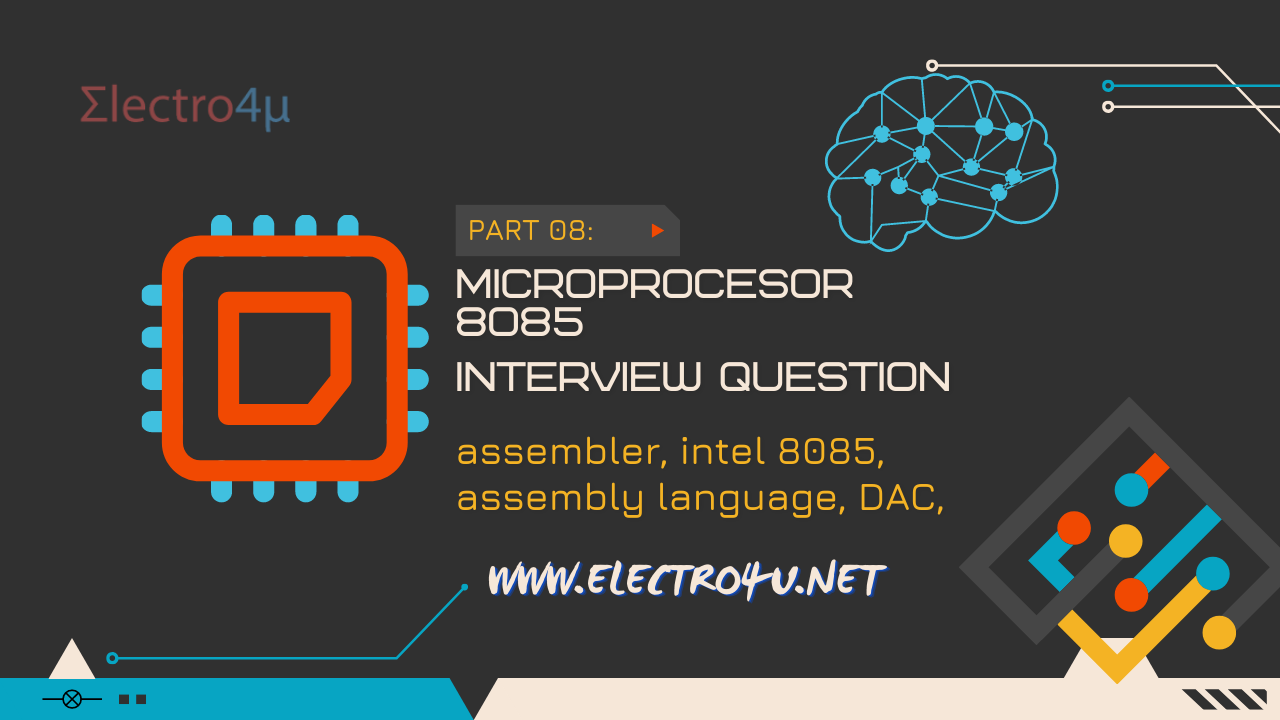
Understanding Digital to Analog Converters (DACs)
Digital to Analog Converter
A digital-to-analog converter (DAC) is a system that converts a digital signal into an analog signal. DACs are used in a wide variety of applications, including audio, video, and telecommunications.
How DACs work
DACs work by converting a digital signal, which is a series of discrete values, into an analog signal, which is a continuous signal. The digital signal is typically represented as a binary number, with each bit representing a different value. The DAC converts this binary number into an analog voltage by using a series of weighted resistors.
Different types of DACs
There are many different types of DACs, each with its own advantages and disadvantages. Some of the most common types of DACs include:
- Weighted resistor DAC: This type of DAC is the simplest to design and implement, but it is also the least accurate.
- R-2R ladder DAC: This type of DAC is more accurate than the weighted resistor DAC, but it is also more complex to design and implement.
- Delta-sigma DAC: This type of DAC is the most accurate type of DAC, but it is also the most complex to design and implement.
Applications of DACs
DACs are used in a wide variety of applications, including:
- Audio: DACs are used to convert digital audio signals from computers and other devices into analog signals that can be played through speakers or headphones.
- Video: DACs are used to convert digital video signals from computers and other devices into analog signals that can be displayed on monitors and TVs.
- Telecommunications: DACs are used to convert digital telecommunications signals into analog signals that can be transmitted over telephone lines and other communication channels.
Conclusion
DACs are essential components in a wide variety of electronic devices. They allow us to convert digital signals into analog signals, which can then be used to control physical devices and systems.

